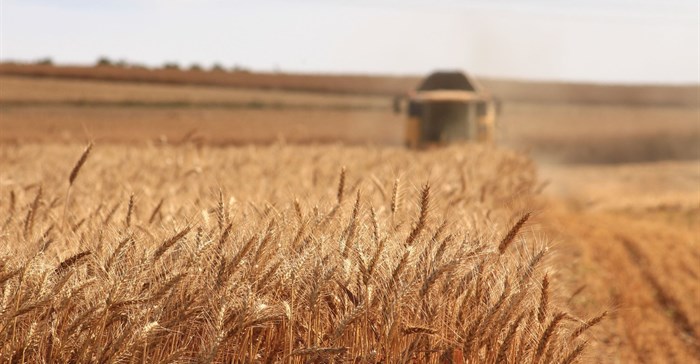
Still, a level above the neutral 50-point mark implies that agribusinesses remain broadly optimistic about operating conditions in South Africa. Therefore, Q2, 2022 results still reflect favourable conditions, albeit not as strong as the recent quarters. This survey was conducted in the first 10 days of June 2022 and covered agribusinesses operating in all agricultural subsectors across South Africa.
The ACI comprises ten subindices, and four declined in the second quarter of this year. This is excluding the debtor provision for bad debt and financing costs subindices, which declined in the second quarter but are interpreted differently from other indices. Here is the detailed view of the subindices.
• The turnover subindex lifted by 7 points to 93, the highest level since the third quarter of 2015. This is broadly supported by higher agricultural commodity prices and the expected decent harvest in field crops and horticulture. Most respondents were optimistic about this particular subindex. Meanwhile, the net operating income subindex remained unchanged from the year's first quarter at 79.
• The market share of the agribusinesses subindex fell by 5 points from the first quarter to 71. The agribusinesses in horticulture, agricultural machinery and financial services were among the respondents who signalled weaker expectations. At the same time, most respondents maintained a broadly unchanged view from the previous quarter.
• The employment subindex increased by 5 points to 64. This is unsurprising as the second quarter of the year is relatively busy with the harvesting of both summer crops and various horticulture products.
• Surprisingly, the capital investments subindex increased by 6 points to 73. These are encouraging results at a time when farm input costs are rising and adding pressure on farmers and agribusinesses. An important signal of this activity is the tractor and combine harvester sales, which have remained positive for the first five months of this year. This comes on the back of two years of already solid sales growth.
• The subindex measuring the volume of exports sentiment declined by 6 points from the first quarter to 71. This reflects the expected decline in summer crop and wine grape harvests, as well as the temporary stoppage of livestock product exports because of the outbreak of foot-and-mouth disease. That said, a level of 71 still indicates robust export conditions.
• The general economic conditions subindex fell by 5 points to 43. This mirrors the uncertainty triggered by recent geopolitical tensions, inflation concerns, a general slowdown in the global economy, and more domestic events such as load-shedding, amongst other factors.
• The general agricultural conditions subindex fell by 6 points to 54 in the year's second quarter. The continued rains that slightly delayed the summer crop harvest might have influenced the respondents' views here, along with delayed rains in the Western Cape for winter crops. Nevertheless, this subindex is still well above the 50-neutral mark, which shows that the sentiment about agricultural conditions in the country is broadly positive.
• As we indicated at the start, the subindices of the debtor provision for bad debt and financing costs are interpreted differently from the abovementioned indices. A decline is viewed as a favourable development, while an uptick is not desirable as it shows that agribusinesses are financially constrained. In the second quarter, the indices for debtor provision for bad debt and financing costs fell by 2 and 14 points to 43 and 4, respectively.
This is broadly favourable and reflects the tail end of the farmers' financial gains of the last two robust seasons, which enabled them to service their debts. Still, the rising input costs and expected interest rate increases are aspects that most respondents flagged as crucial concerns.
There are many challenges hovering over South Africa's agricultural sector. Still, these Agbiz/IDC ACI's second-quarter results present a picture of a sector that remains on a sound footing. Nevertheless, "the current good position that South Africa's agriculture enjoys should not be taken for granted, as we see numerous risks ahead. These include the rising prices of critical inputs such as fertiliser, agrochemicals, and fuel, which will pressure farmers and agribusinesses in the coming months.
The ongoing war between Russia and Ukraine and the disruptions this has caused on some of our key fruit export markets and supply chains are also a major concern for the sector. However, some of our long-term challenges are within our reach as South Africans. These include the need to improve the efficiency of ports, electricity supply and water, quality of roads, curbing crime that devastates the rail network, and improving biosecurity. Addressing these aspects would have a far more positive impact on the long-term growth of this sector and, subsequently, job creation.